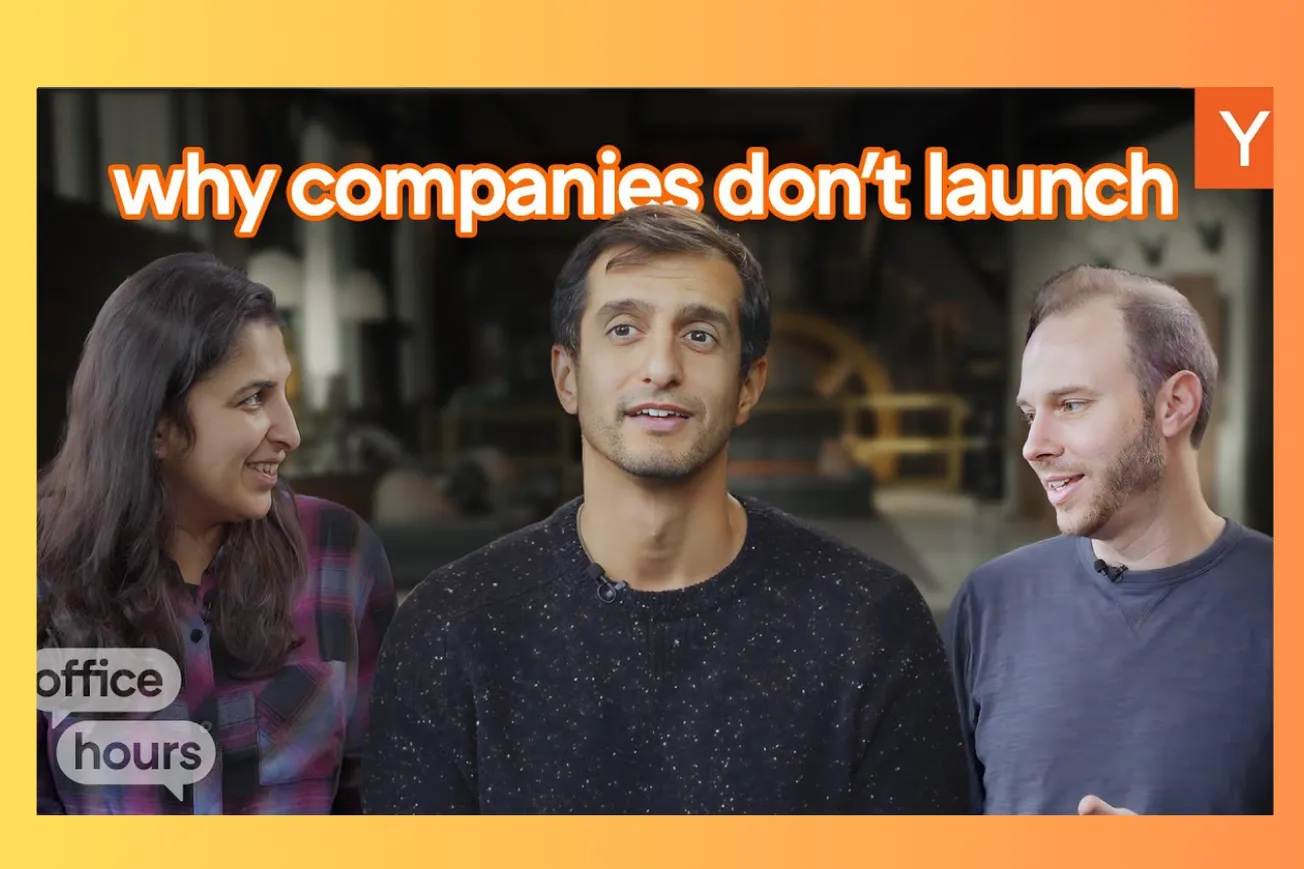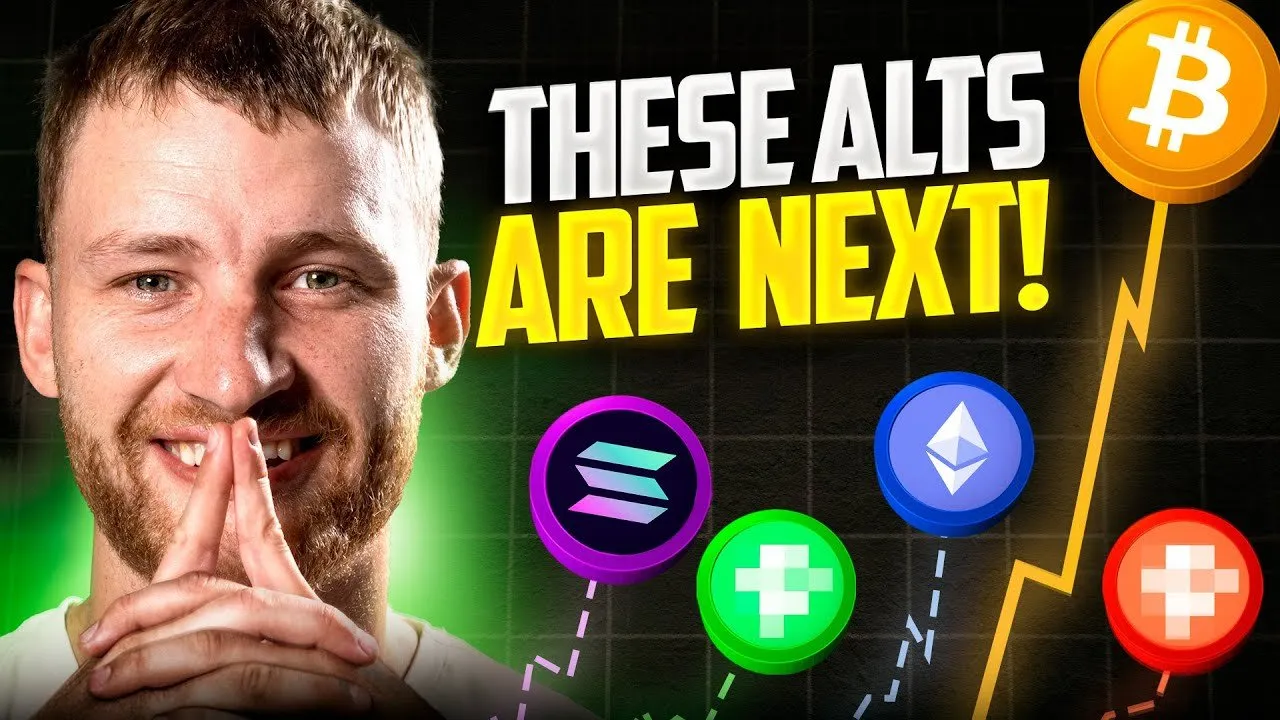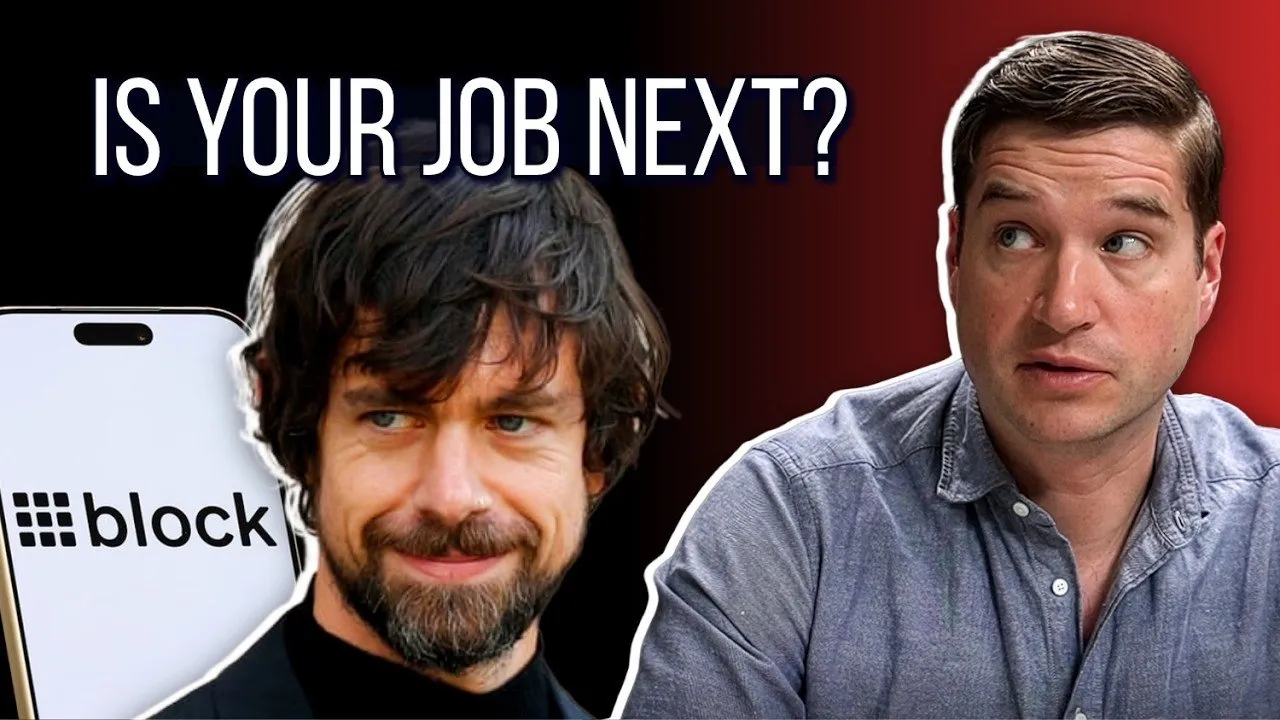Table of Contents
Y Combinator partners reveal why founder fears about launching create dangerous delays and how early launches accelerate real learning.
Key Takeaways
- Most founders delay launching due to embarrassment about product polish, comparing their MVP to mature company launches like Apple
- The "one shot" launch myth is dangerous pop culture knowledge—successful companies like Airbnb launched three times before gaining traction
- Nobody remembers bad launches from small startups, but founders treat launches as universe-defining moments instead of learning opportunities
- Early launches help filter customers to find the five people with hair-on-fire problems rather than convincing everyone to use your product
- Learning should be the primary goal of launching, not revenue targets, making every launch successful regardless of immediate user response
- Coding feels comfortable for technical founders, but customer conversations and feedback represent the uncomfortable work that drives real progress
- Failed launches provide diagnostic data about messaging, targeting, or product-market assumptions that can be systematically tested and improved
- YC batch peer pressure effectively motivates founders to launch when they see fellow entrepreneurs demonstrating progress through early releases
- Building something 100 people love beats creating something one million people kind of like, and launching helps identify those passionate early adopters
Timeline Overview
- 00:00–00:57 — Introduction and setup: YC partners introduce the core problem of founders taking too long to launch and preview solutions for overcoming launch delays
- 00:57–02:55 — Founder fears analysis: Deep dive into existential fears about launching, including nobody showing up, looking dumb, and the liberating effect of first launches
- 02:55–06:35 — Dangerous launch myths: Debunking pop culture knowledge about launches being crucial one-time events, influenced by big company experience and false assumptions about user memory
- 06:35–10:59 — Customer filtering strategy: How launches help identify ideal early adopters rather than convincing everyone, plus the psychology of rejection and finding passionate users
- 10:59–13:16 — Post-launch diagnosis: Analytical approaches to failed launches, systematic variable testing, and knowing when to pivot versus iterate on core assumptions
- 13:16–18:05 — Fear-breaking techniques: Reframing launches as learning exercises, cutting scope for faster iteration, and real examples of successful companies with terrible early launches
The Embarrassment Factor: Why Founders Hide in Development Hell
Startup founders consistently delay launches because they feel embarrassed about their product's current state, having internalized unrealistic standards from mature companies with massive budgets and years of development time. This misalignment between expectations and startup reality creates a psychological barrier that kills promising companies before they reach customers.
- Founders compare their early-stage MVP to polished products from Apple, Google, and other tech giants, forgetting these companies spend millions of dollars and years developing each launch
- The fear that "nobody will show up" creates existential dread because founders interpret lack of initial interest as personal failure or proof their idea is fundamentally wrong
- Working at big companies before starting their own gives founders the wrong mental model, where launches require extensive preparation, coordinated marketing campaigns, and perfect execution
- Once founders launch successfully for the first time, they experience liberation and realize the worst-case scenario—nobody noticing—isn't actually catastrophic or permanent
- The psychological safety of not launching allows founders to avoid confronting hard truths about their product, market, or assumptions while feeling productive through continuous coding
- Most people don't remember or care about small startup launches, giving founders much more room for experimentation and iteration than they realize
This embarrassment-driven delay represents one of the most common and preventable causes of startup failure, as companies die in obscurity rather than learning from real market feedback.
Debunking the "One Shot" Launch Mythology
Pop culture knowledge about launches being crucial one-time events represents dangerous misinformation that pervades startup communities, creating false pressure and preventing the iterative learning process that actually drives startup success.
- The belief that launches are important and memorable contradicts the reality that most people can't recall the launches of companies they use daily, including Uber, DoorDash, and Google
- Big companies use elaborate launch events as internal forcing functions to coordinate teams and meet deadlines, not because launches inherently determine business success
- Former employees of major tech companies often bring inappropriate launch expectations to their startups, applying enterprise-scale processes to early-stage companies with limited resources
- Airbnb launched three times before gaining significant traction, demonstrating that persistence and iteration matter more than perfect initial execution
- The myth that users will never return after a bad first experience has no basis in reality—people routinely revisit products that have improved since their initial encounter
- Successful founders treat each launch as an experiment and learning opportunity rather than a make-or-break moment that defines their company's future
Y Combinator's batch structure naturally combats these myths through peer pressure, as founders see their colleagues launching frequently and making progress through iteration rather than waiting for perfection.
Finding Your Passionate Few: The Customer Filtering Philosophy
Early-stage launches serve as powerful filtering mechanisms that help founders identify the small number of customers with urgent problems rather than trying to convince everyone to adopt their unpolished product. This filtering approach accelerates product-market fit discovery and builds sustainable businesses.
- B2B founders should focus on filtering 100 website signups down to five or six people with hair-on-fire problems who might use a janky MVP solution
- Early adopters often feel empathy for struggling startups and want to support founders who are genuinely trying to solve their painful problems
- The majority of people aren't early adopters, so their lack of interest provides valuable data about timing and targeting rather than fundamental product flaws
- Ideal early customers might care about just one feature that works better than existing solutions, providing a foundation for expanding product capabilities over time
- Sales rejection becomes easier to handle when founders realize most "no" responses simply indicate the prospect isn't their target customer rather than personal or product failure
- Building something 100 people love creates a viral sales force of passionate advocates who drive sustainable growth through word-of-mouth recommendations
This filtering mindset transforms launching from a popularity contest into a systematic search for the right customers who will provide honest feedback and become long-term advocates.
The Analytical Approach to Launch Failure
When launches fail to generate users or interest, successful founders treat the situation as a diagnostic problem that reveals false assumptions about messaging, targeting, or product-market fit rather than fundamental flaws that require complete pivots.
- Systematic variable testing allows founders to isolate specific problems—email messaging, target customer segments, product positioning, or distribution channels—and address them individually
- Week-by-week iteration on single variables prevents founders from making multiple changes simultaneously, which would obscure which adjustments actually improve results
- Drop-off analysis helps identify where potential customers lose interest in the funnel, whether it's initial outreach, product demos, trial usage, or conversion to paid plans
- The distinction between tweaking execution and questioning core assumptions requires careful judgment about when tactical changes aren't sufficient to solve fundamental market problems
- Failed launches often reveal that founders targeted the wrong customer segment—such as enterprise companies instead of smaller businesses—rather than having a bad product
- Developing new hypotheses about customer needs, market timing, or competitive positioning allows founders to test alternative approaches without abandoning promising core technology
This analytical mindset prevents founders from either giving up too quickly or persisting too long with approaches that aren't working, enabling data-driven decisions about iteration versus pivoting.
Reframing Launch Psychology: From Perfection to Learning
Breaking through launch fear requires fundamentally reframing the purpose and expectations around product releases, shifting from perfectionist thinking to learning-oriented experimentation that makes every launch valuable regardless of immediate results.
- Setting learning goals instead of revenue or user acquisition targets makes launches successful by definition, as any customer feedback provides valuable insights for product development
- Brex launched without user account creation functionality, requiring manual email-based setup, demonstrating that core value delivery matters more than polish or complete feature sets
- Cutting scope aggressively allows founders to test market demand with minimal viable products that focus on essential functionality rather than comprehensive solutions
- The mindset that "I can't fail if my goal is to learn" eliminates the psychological pressure that causes founders to delay launches indefinitely
- Early launches with janky products provide the strongest signal about problem urgency—if customers use terrible implementations, the underlying need must be extremely compelling
- Real-world examples like the Color Lovers relaunch disaster, where the site crashed during a press event, demonstrate that launch failures rarely have lasting negative consequences
Y Combinator's group office hours create accountability through peer pressure, as founders without launch progress feel embarrassed compared to colleagues who are actively testing and iterating their products in the market.
Successful founders launch early and often, using each release as a learning opportunity rather than a high-stakes performance. The companies that matter most weren't built through perfect launches but through persistent iteration based on real customer feedback.





